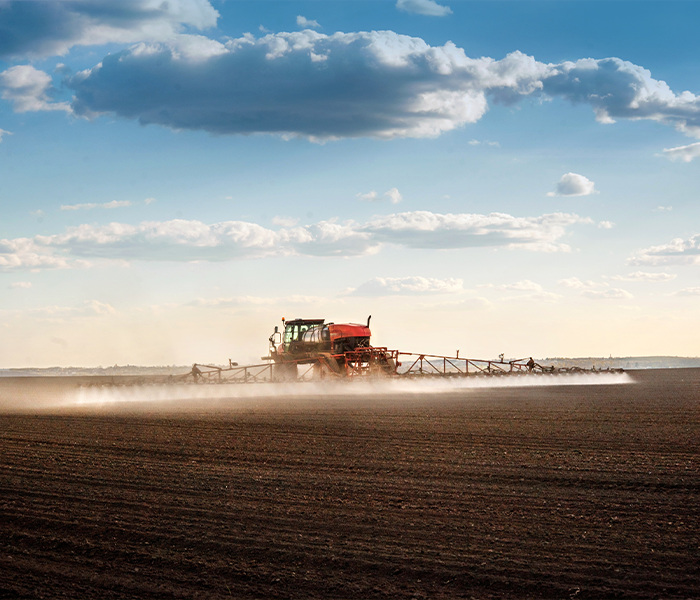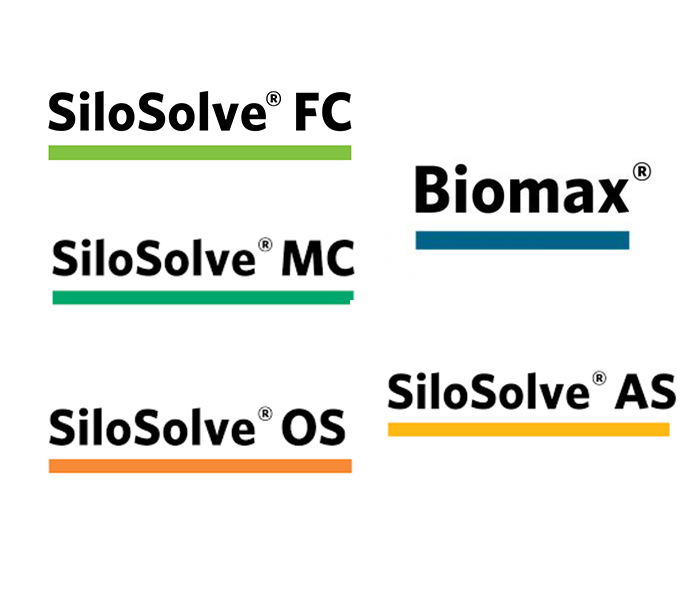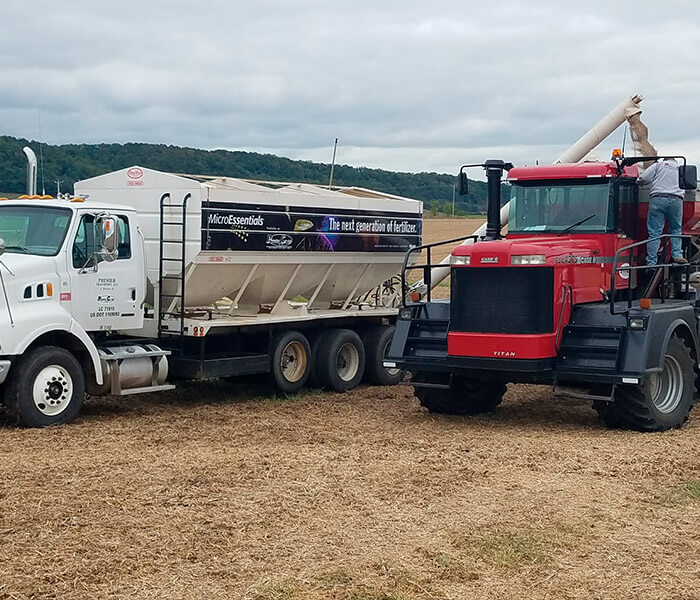Maintain Nutritional Value with CHR Hansen Silage Inoculants
Ensiled forages account for the majority of most dairy rations around the world. The main purpose for feeding ensiled forages is to preserve and recover organic dry matter, while retaining nutritional value and palatability.
Proper or improved silage management can have a significant impact on the overall profitability of the dairy. One way to do this is to use a silage inoculant.
Silage inoculants from CHR Hansen facilitate control of the fermentation process and help maintain a high nutritional value of the ensiled forage - features which ultimately translate into improved animal performance and higher return on investment.
The bacterial silage inoculants rapidly establish an anaerobic environment, preventing spoilage and lowering production costs.
Benefits of CHR Hansen silage inoculants include:
- Controls the fermentation process and helps maintain high nutritional value of your ensiled forage
- Reduces dry matter loss by lowering pH faster
- Lowered silage pH improves nutrient stabilization
- Reduces heating on silage improving feeding quality and bunk life
| |
Purpose |
Uses |
Crops |
|
| SiloSolve MC |
Microbial control |
Ideal for crops that are difficult to ensile (alfalfa) at lower DM (higher moisture) prone to Clostridic fermentation |
- Haylage
- Small grain silage
- Corn silage
|
2 g/treated ton |
| SiloSolve AS |
Aerobic stability |
Ideal for crops with higher DM (lower moisture) prone to heating at feedout due to yeasts and molds |
- Corn silage
- HMSC/HMEC
- Earlage/snaplage
|
2 g/treated ton |
| SiloSolve FC |
Fungal control |
Ideal for crops that may be fed out early and require aerobic stability at feedout |
- Haylage
- Small grain silage
- Corn silage
- HSMC/HMEC
- Earlage/snaplage
|
2 g/treated ton |
| SiloSolve OS |
Oxygen Scavenging |
Top layers of bunkers and piles to prevent nutrients, reduce dry matter loss and reduce growth of yeast and molds |
All crops and crop types |
1 bucket/3500 square feet |
| Biomax |
Multi-purpose |
Suitable across crops and moisture content as a general fermentation aid. |
All crops with no specific challenges |
2 g/treated ton |
Contact your local Premier nutritionist today for more help in selecting the right CHR Hansen inoculant for your dairy.
Eric Peterson
Animal Nutritionist




